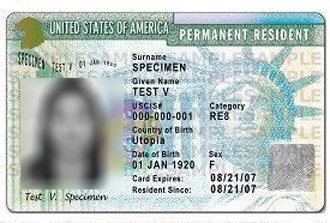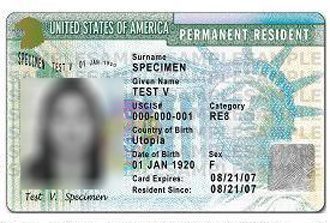
The new regulation may not impact applicants in the employment-based immigration category, but it is going to increase their processing time.
Continuing its policy of cracking down on immigration in America, the Trump administration published a final rule earlier this week called the “Inadmissibility on Public Charge Grounds.” Under this rule, the Department of Homeland Security (DHS) will determine whether an alien applying for admission or adjustment of status is inadmissible to the United States because he or she is likely to become a public charge at any time.
This rule would lead to many more immigrants losing out on the chance of receiving permanent resident status in the United States based on the probability that they could use welfare benefits. But would the rule that goes into effect October 15 onward have any repercussions on those applying for employment-based visas?
RELATED: Biometrics requirement lengthens H4 EAD processing time considerably (August 12, 2019)
While the new regulation would require every immigrant to prove that he or she will not become a public charge or won’t receive welfare benefits, it may not have a direct impact on high-skilled immigration.
According to experts, the business-based immigration may not see a downside arising from this rule, primarily because the premise of this new regulation remains to assess if the new immigrants coming to the US can be self-sufficient. Those who are seeking to immigrate already have a job offers, they cannot come under the category of people who may not be self-sufficient. As a large number of Indian immigrants to the US are on employment-based visa categories, it is safe to say that most Indians would remain directly unaffected by the new regulation.
However, where this new rule could create a bump would be in the timelines in which applications are being processed these days by the USCIS. Indians are already reeling under the effects of slow processing times for employment visas and there may be a further delay in adjustment of status for them.
With the new rule in effect, there would be an additional question on I129 form and enquiries such as whether the H-1B beneficiary has ever used a public charge in the past three years. It is bound to result in more investigation hence lengthening the processing time. And if by chance, anybody would have used the benefits, it may lead to potential denial.
While it is unlikely for an employment-based immigrant to be on the public charge, as the rule applies to only benefits such as food stamps and Medicaid. Public schools, which most employment-based immigrants use for their kids, remain outside the category.
However, with the community already experiencing delays in H-1B and H-4 processing times, the additional step does create a potential slow down as employment-based immigrants may also need to fill an additional form asking for financial details and history. The verification and checking of these could certainly account for a delay most Indian visa hopefuls would not want to see in the future.
H4 EAD holders should build valid, evidence-based comments for USCIS: Immigration attorneys



